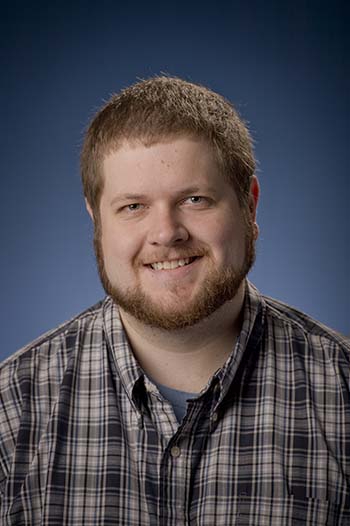Transition metals are key for Quist
David Quist
Trine University - Rinker-Ross School of Health Sciences
B.S. - University of Michigan; Ph.D. - Johns Hopkins University
260.665.4335 | email
Chemistry is known as the “central science,” a term that underscores its indispensable role in bridging the physical and life sciences. A central pillar in the study of chemistry is understanding how chemical bonds form and break, a process heavily influenced by transition metal ions. My interests in understanding the mechanisms of metal-promoted bond activation led me to study bioinorganic chemistry at Johns Hopkins University, where I earned my Ph.D., focusing on creating synthetic copper complexes to model copper-containing metalloenzymes and investigating the reductive activation of dioxygen. I have a passion for investigating how metal ions, especially those in biological settings, help facilitate organic transformations.
I became a faculty member at Trine University in fall 2019. Being an inorganic chemist, I enjoy teaching chemistry fundamentals in general chemistry courses and building on these principles in the inorganic chemistry class, while also introducing new concepts.
In my free time, I enjoy reading, watching the Detroit Tigers and Lions, and University of Michigan football, as well as spending time outdoors.